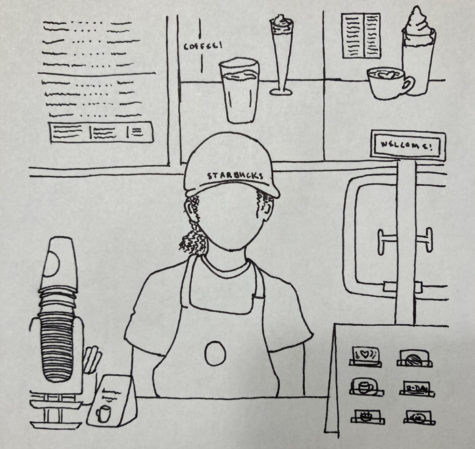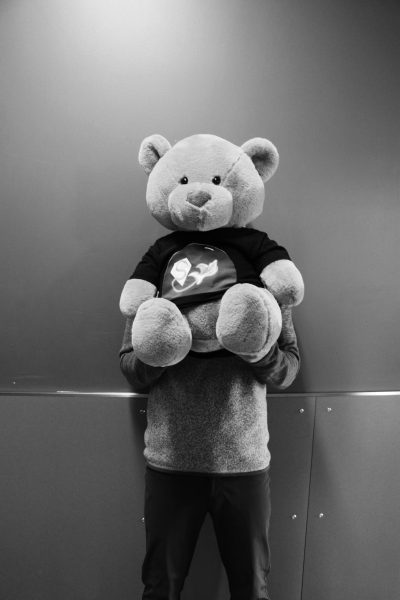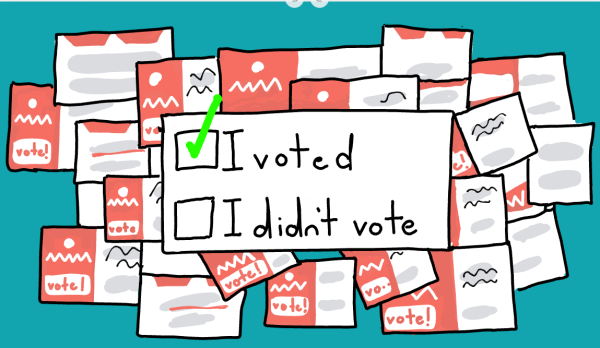Starbucks strife
Students working at Starbucks share opinions on unionization efforts
February 8, 2022
Starbucks, once a small store in Pike Place Market, is now a global name. But as it grew into the world’s largest coffeehouse chain, it may have left some behind. Its workers. Prior to 2021, not a single Starbucks store in the U.S. was unionized.
Unions, or trade unions, are groups of people working for a mutual employer that come together to promote common interests. These often include higher wages, more safety on the job, among others.
For a few years, some Starbucks unions have discussed unionization, but the union effort ramped up last year. Alex*, a Shorewood student and Starbucks employee said some Seattle area employees were nervous. “There was a little bit of whispering with fellow partners ‘what’s going on? Is that coming to our area?’” they said. Employees like Alex began to contemplate whether or not a union was right for them. “When I first heard about it I was still fairly new so I was like ‘is that something I need? Is that something I want?’” said Alex. Some of these people are Shorewood students grappling with this difficult decision of unionization.
Alexander Eklund, a math teacher and teacher union representative for Shoreline, believes in the power of unions. “I believe that unions are the best way for workers to support each other in seeking the best possible working conditions. My grandfather was a steelworker in Indiana and the main reason why conditions at the plant he worked at got better were because his union advocated for greater safety precautions,” he said. “If Starbucks employees feel that creating a union would better their lives and working conditions, they should be given the chance to unionize,” Eklund added.

Now what exactly does Starbucks want? Like many large corporations, it has positioned itself against union construction. Prior to union voting there were mandatory meetings that employees, or partners, as Starbucks describes them, had to attend. “Late last year Starbucks announced that every store was going to have a mandatory all-store meeting with their district manager with the purpose of the meetings being what are the problems that our employees, our partners are facing and what can we do to make those better,” said Alex. “It was interpreted by many as an indirect ‘we don’t’ want you to unionize so we are going to do this instead to make you happy,’” they continued.
The meetings were not all bad, though, but could have been improved, according to Alex. “The meetings were helpful. It felt kind of weird because the purpose of the meeting was top secret until we got there. It was like ‘we are having a meeting at this time, everyone needs to be there, but we’re not going to tell you what it’s about.’ Not even our store manager knew what it was about until we got there. Being more transparent in how they’re handling it would be really helpful,” Alex said.
If the meetings were indeed to dissuade unions, they did not work. On Dec. 9, 2021 one Starbucks store in Buffalo voted to unionize. It was quickly approved by the National Labor Relations Board, to the dismay of Starbucks.
Rossann Williams, executive vice president at Starbucks, wrote a letter titled “Letter to Starbucks partners: Our path forward after Buffalo union vote” explaining that “from the beginning, we’ve been clear in our belief that we do not want a union between us as partners, and that conviction has not changed. However, we have also said that we respect the legal process. This means we will bargain in good faith.”
More stores are looking to unionize, including some Seattle ones. On Dec. 20, 2022, a group of Seattle Starbucks employees filed to hold union elections. Alex knows some baristas who agree, but don’t want to be trailblazers. “There have been a couple people that were like ‘oh yeah, I’d join a union if we had one,’ but they don’t want to be the one to start it,” they said.
Overall, opinions of the union have been kept under wraps for various reasons. Said Alex: “I prefer to stay anonymous because I don’t really know. Legally, they can’t retaliate against unions, but there’s all kinds of stories of companies cutting hours for talking about it. I don’t think that would happen to me, but I want to stay cautious.”










